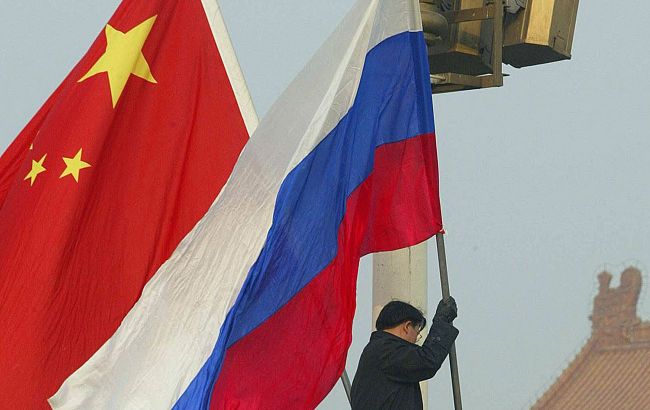Russia and China may switch to barter trade due to Western sanctions
 Illustrative photo (Getty Images)
Illustrative photo (Getty Images)
The Russian Federation and China may begin using barter trade schemes as early as this fall, with the initial deals likely focusing on the agricultural sector, citing Reuters.
The move is seen as an attempt to circumvent banking systems dominated by the United States.
A high-ranking manager at a major Russian bank, who wished to remain anonymous, confirmed discussions about barter schemes but did not provide further details.
Should these barter transactions materialize, it would mark the first time in 30 years that such a method has been used, as it was largely abandoned with the expansion of the banking sector.
"Barter trading would allow Moscow and Beijing to circumvent payment issues, reduce the visibility Western regulators have over their bilateral transactions, and limit currency risk," Reuters explains.
China and Russia have a history of engaging in barter deals. For instance, in 2019, Beijing agreed to exchange Malaysian palm oil worth nearly $150 million for construction services, natural resources, and civil and defense equipment.
Barter trade and sanctions
Barter trade involves the exchange of goods or services without the use of money, based on mutual agreements between parties seeking to benefit from the exchange. It is one of the oldest forms of economic activity.
Since the onset of Russia's full-scale invasion, numerous sanctions have been imposed on the Russian Federation. Earlier this year, the US President signed an executive order to strengthen sanctions on financial institutions assisting the terrorist state. In June, the US imposed new sanctions on over 300 individuals and entities in Russia and third countries.

